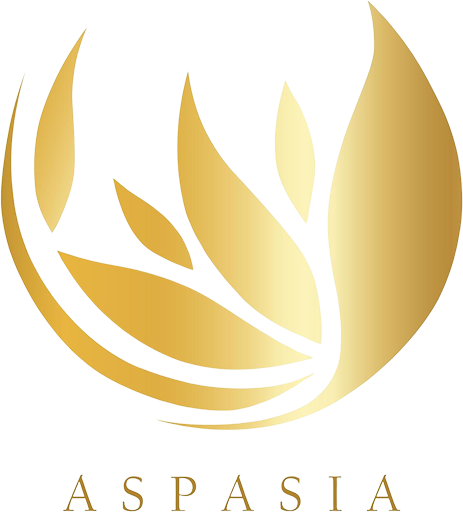One-quarter of what you eat keeps you alive. The other three-quarters keeps your doctor alive,” says the hieroglyph on an ancient Egyptian tomb. I was reminded of this wisdom when I came across a paper in the British Medical Journal on how sugar consumption can be toxic. The paper by James DiNicolantonio, published in December, argues that excess sugar, not salt, is responsible for high blood pressure. Since heart disease often ensues as a result of high blood pressure, the paper argues that we should control our sugar intake if we want to keep hypertension and heart disease at bay.
Aashish Contractor, head of the department of rehabilitation and sports medicine at the Sir HN Reliance Foundation Hospital, Mumbai, is not convinced: “We need to take these results with a pinch of salt and I am not using this pun intentionally.” He says researchers sometimes try to negate the importance of one lifestyle modification when touting the benefits of another, to emphasize their point. It dramatizes the research findings, but it doesn’t necessarily give people an accurate picture. “I would say that both sugar and salt are important and I tell my patients to control the intake of both to keep blood pressure and heart disease in check,” says Dr Contractor.
Given that the process of making sugar from sugar cane was developed in India and is mentioned in the Atharva Veda, the consumption of sugar-laden foods is woven into our sociocultural fabric. No celebratory occasion is complete without a sweet offering and rationing sugar intake is tough. But ration it we must. Read More
Sujata Kelkar Shetty, PhD, is a wellness consultant and a clinical scientist trained at the National Institutes of Health in Bethesda, US.


